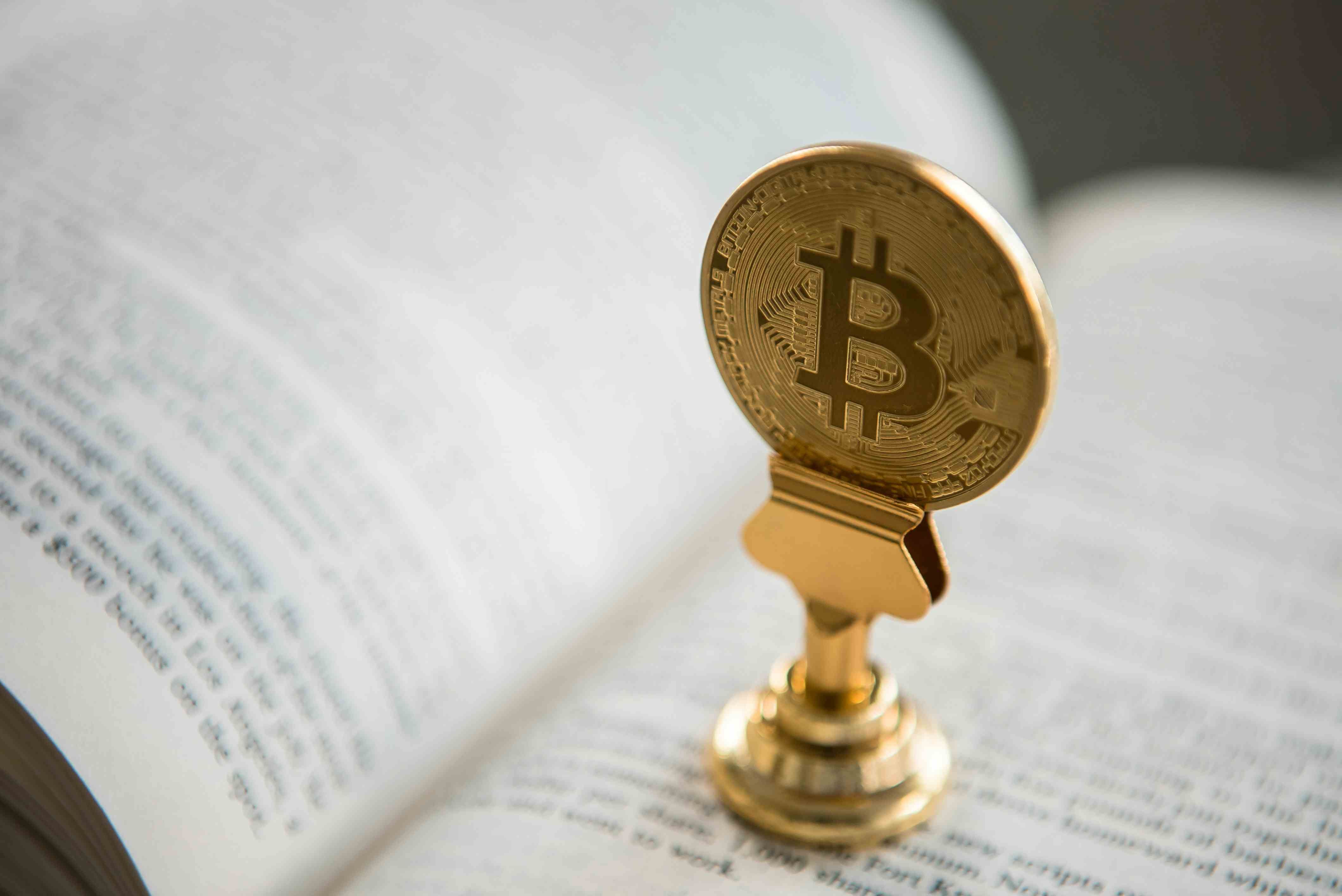 Sacks’ declaration comes as President Trump reveals an ambitious plan to establish a U.S. strategic crypto reserve. [Image Source: Shutterstock]
Sacks’ declaration comes as President Trump reveals an ambitious plan to establish a U.S. strategic crypto reserve. [Image Source: Shutterstock]On March 2, 2025, Sacks took to X to address speculation about his cryptocurrency holdings, stating:
Correct. I sold all my cryptocurrency (including BTC, ETH, and SOL) prior to the start of the administration. https://t.co/dN6nuGQUtu
— David Sacks (@DavidSacks) March 3, 2025
This declaration was in response to concerns over potential conflicts of interest, given his leadership in defining national crypto policies.
A well-known venture capitalist and tech entrepreneur, Sacks has been a vocal advocate for both cryptocurrency and conservative-libertarian economic policies. In December 2024, President Trump appointed him as the White House AI and crypto czar, placing him in charge of crafting regulations for the industry while leading the President’s Council of Advisors on Science and Technology.
Although Sacks has divested his personal crypto holdings, his venture capital firm, Craft Ventures, still holds investments in major crypto companies, including Bitwise Asset Management and BitGo. However, Sacks addressed concerns by clarifying that he had a $74,000 position in the Bitwise ETF, which he sold on January 22, emphasizing that he no longer has direct or large indirect exposure to crypto.
Sacks’ declaration comes as President Trump reveals an ambitious plan to establish a U.S. strategic crypto reserve, which will include Bitcoin (BTC), Ethereum (ETH), XRP, Solana (SOL), and Cardano (ADA). Trump has positioned this initiative as a move to solidify America’s leadership in the digital asset space, stating, “I will make sure the US is the Crypto Capital of the World.”
Trump’s announcement led to a surge in cryptocurrency prices, with Bitcoin rising 11% to $95,084 before stabilizing at $93,165 the next day. Ethereum saw a 14% increase, and other reserve-listed tokens, such as Solana, XRP, and Cardano, also posted gains.
However, the plan has sparked controversy. Critics argue that a government-backed crypto reserve could disproportionately benefit political allies and wealthy investors. Some have raised ethical concerns about whether certain individuals with inside knowledge of the plan had prior access to trade these assets.
Given his prior investments and industry ties, Sacks has faced scrutiny regarding potential conflicts of interest. However, his early divestment from crypto assets appears to be a proactive move to avoid ethical concerns. Despite his firm’s involvement in the industry, he has assured the public that he has no direct or significant indirect holdings that could influence his policy decisions.
To further address regulatory concerns, the White House Crypto Summit is scheduled for March 7, 2025. Chaired by Sacks, the event will bring together industry leaders to discuss stablecoins, regulatory frameworks, and the implementation of the U.S. crypto reserve. This summit is expected to provide more insight into the administration’s crypto strategy and address growing concerns about transparency and fairness.
David Sacks’ confirmation that he does not personally hold crypto aims to reinforce his neutrality in shaping the government’s approach to digital assets. However, with Trump’s crypto reserve plan sparking debate, both Sacks and the administration will continue facing scrutiny as they roll out their cryptocurrency policies.

UAE MBZUAI unveils K2 Think V2, a sovereign AI

UAE and France collaborate on crypto tradable indices

Open World opens Saudi Arabia’s RWA tokenization hub

A growing age gap is shaping how Americans trust crypto